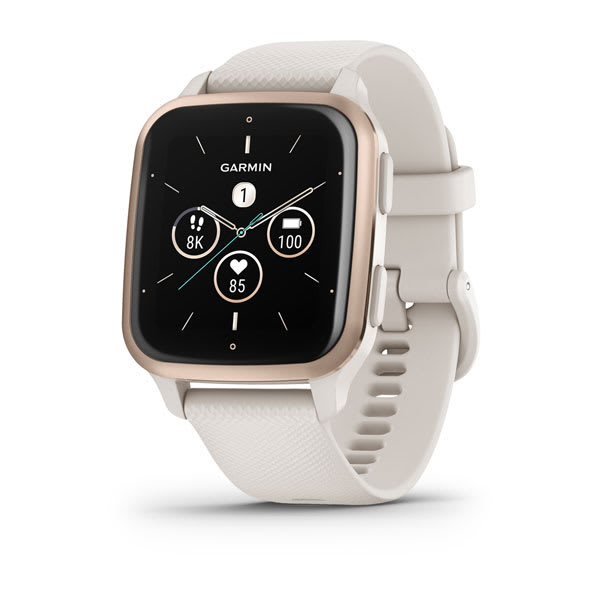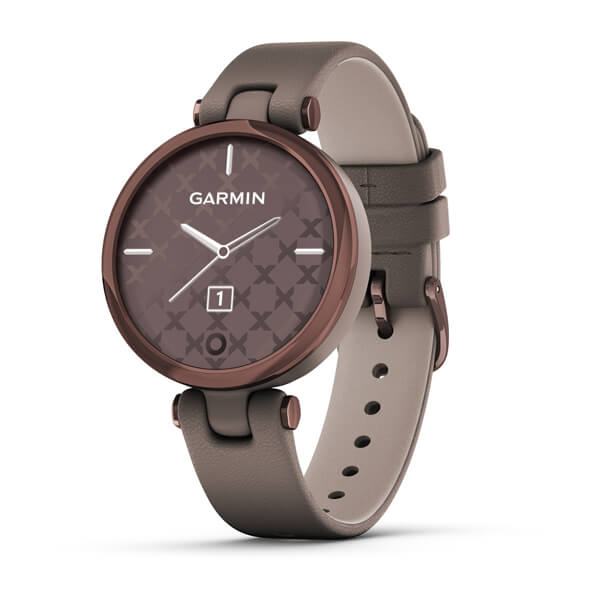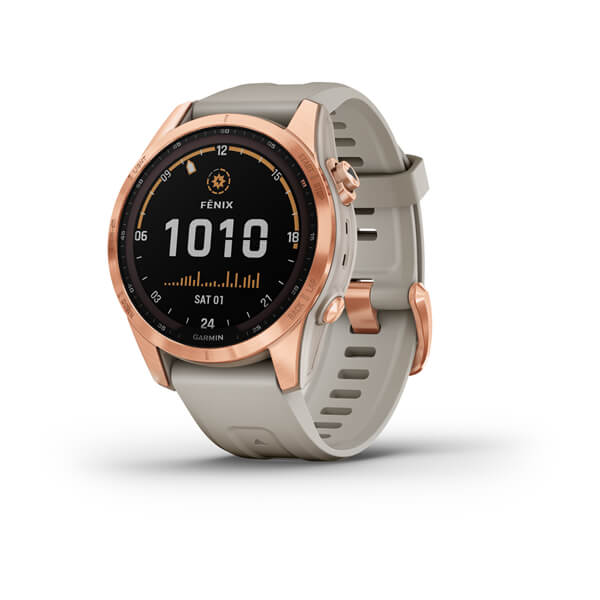
The most common barriers to weight loss for women
Leanne Ward, Nutritionist & Dietitian
You know the feeling, you are training regularly, reading your nutrition labels, saying no to the chocolate and eating healthy food, yet the scales refuse to budge. The body is a very smart machine and fat loss can be tricky, especially for females. So, if you are getting frustrated that your efforts are not paying off, here are some of the common reasons that your weight loss isn’t moving in the direction that you want.
1) Your calories are too low
You know the drill, to lose weight, you must be in a calorie deficit but often, larger deficits are not always better, particularly if you have a larger amount of weight to lose and will be in the deficit longer. Mild to moderate deficits are better as it allows the body to adapt better metabolically and allows you to actually sustain the deficit for longer. In my experience, a 10-20% deficit is enough to get most women the results they want initially then as weight hits a plateau over time, we can reassess afterwards and create a larger deficit if needed (or move back to maintenance). Often, for active women, 1200 calories is just too low and starting in too large a deficit means you’ll feel very hungry which makes blowing out a very real occurrence and the weight tends to come back on again which quickly puts you back at square one. To get an idea of your daily calorie intake, you can use the calories burned section on your Garmin watch and then input this data into a monitoring system such as My Fitness Pal. Please note, these calories burned tend to be a rough guide/starting point (they are often overestimated a little) and sometimes need some adjusting to get you consistently burning body fat in a deficit.
2) Poor hydration is masking hunger
A lot of people think they’re still hungry but they are often just under hydrated. The next time you reach for a second snack or you find yourself going back for seconds, stop for a minute and grab a large glass of water first. Often our tummies just need a little extra fluid before or after a meal to fill them up properly and allow you to have the sensation of feeling satisfied after a meal which helps to prevent overeating. Although the standard advice is eight glasses of water per day (about 2.2 liters for an adult female and about 3 liters per day for an adult male), it’s important to talk to your dietitian or doctor to confirm the right amount for you as many factors influence the amount of fluid someone needs such as living in a larger or smaller body, living in a hot climate, having a large activity load, working outside in the sun, medical conditions etc. Use your Garmin watch to log your fluid intake to easily keep yourself well hydrated.
3) Poor planning
One of the most successful strategies for long term weight loss (besides consistency) is planning ahead. Lack of planning (and thus poor nutritional choices) is holding many busy women back when it comes to fat loss. Planning ahead could mean a big Sunday meal prep where you plan and cook all your meals and snacks for the next few days or it could be as simple as organizing a Monday night grocery delivery so you have fresh produce when you get home after a long Monday at work. Planning can also look like journaling snack ideas for the week ahead, writing yourself a bit of a meal plan for some structure during the week or using a meal planner to map out healthy lunches for the working week. There’s no right or wrong when it comes to planning, just experiment and find the right balance for your lifestyle that helps you stay consistent and on track.
4) Period week is a blow out
As women, period week can be the most challenging week each month as we have physical changes but also hormonal changes such as PMS and higher cravings too. You might be happy to hear that the body burns more calories during your menstrual cycle because your heart rate, respiratory rate, and core temperature increase. But, don’t go reaching for the block of chocolate just yet. Contrary to popular belief, it’s only a small number of extra calories that the body really needs, about 100 extra calories per day. This translates to a very small/mini chocolate bar, not an entire block. Moderation is really key when it comes to sustainable weight loss and period week is no different. Don’t forget to track your monthly cycle on your Garmin watch to get a full picture of your health using the menstrual cycle tracking feature.
5) The little extras are slipping in
It may be a couple of biscuits in the office tea room, or a few bites of the kid’s dinner or an extra coffee and piece of banana bread when you catch up with a friend but let’s be honest, little extras can easily slip into our daily diet. It is often these calories, consumed mindlessly that can equate to a couple of hundred extra calories a day and be the difference between losing weight and maintaining weight. One of the easiest ways to take control of mindless munching is to simply write down everything that goes into your mouth for a day or two. You may be surprised at how much slips in without you realising it, even though your diet is ‘healthy’.







